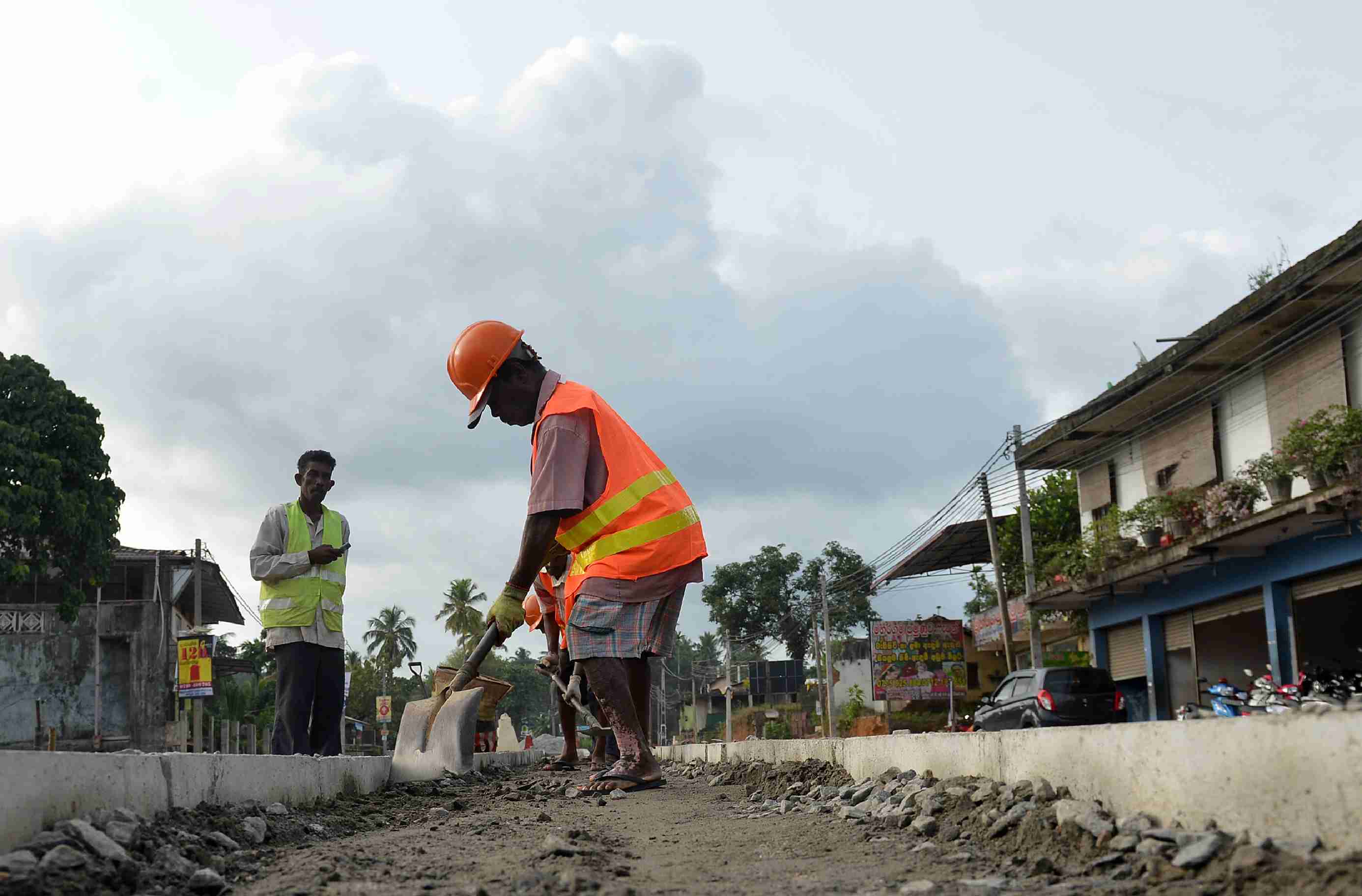
Opinion
15:12, 24-Apr-2019
BRI forum – a prime staging ground for multilateralism
Bobby Naderi

Editor's note: Bobby Naderi is a journalist, current affairs commentator, documentary filmmaker and member of the Writers Guild of Great Britain. The article reflects the author's opinion, and not necessarily the views of CGTN.
The second Belt and Road Forum for International Cooperation will open in Beijing on April 24.
Led by the second biggest economy in the world, many countries and international organizations are sending high-ranking delegations and representatives to the forum, including heads of state and senior officials.
Heads of the United Nations, the World Bank and the International Monetary Fund will also be present. Keep in mind that the UN Sustainable Development Goals are the main objectives of the megaregional connectivity project of the BRI as well, while UN Secretary-General Antonio Guterres has also referred to China as a "pillar of multilateralism." This surely does reflect China's success in introducing multilateralism as the modern method of work for the 21st century.
As such, the BRI Forum is resetting perceptions where there might be problems to that end (debt, transparency), as well as create new platforms for future connectivity projects.
The idea is to cement consensus among participating countries on globalization as the continuing norm of economic development and growth; coordinate future BRI strategies that see the common benefit; and cultivate its integration with other megaregional connectivity projects, such as with the Eurasian Economic Union and the European Union's Juncker Plan.

Sri Lankan laborers at work along a road in Colombo, August 5, 2018. /VCG Photo
Sri Lankan laborers at work along a road in Colombo, August 5, 2018. /VCG Photo
It rings true that the forum, the highest-level platform since the launch of the BRI, does indeed support joint contributions, where multilateralism and the rule of law are indispensable and in no way "à la carte" – to pick and choose where it suits you and pull back when it doesn't.
As maintained by Chinese President Xi Jinping, Beijing supports these multilateral processes: "The Belt and Road Initiative is an important contribution to multilateralism and global cooperation. China is dedicated to promoting coordination and cooperation between major countries. China expects to maintain friendly relations with major countries, avoid conflicts and confrontation, respect each other, and cooperate for win-win results."
This should be enough to hold the view that global support for the BRI remains the mainstream of the April 2019 Forum. The BRI has progressed and evolved, and its main focus is no longer on infrastructure or the ancient Silk Road region. It is now a global development project that involves many industries. It promotes stable development and constructs a community of "shared destiny for all mankind" through investments that are socially-financially responsible, and commercially sustainable.
As such, many countries and international businesses from Central Asia, South Asia, Southeast Asia, Europe, the Middle East, Africa and South America have decided to join the forum. They want to stick around for the long term, hang on for the ride, branch out and tap into the true commercial opportunities and potentials that the BRI has to offer.
What's more, Western banks and investors, including HSBC and Citigroup, plus multiple stakeholders and senior officials from the UK, France and Germany will be present, too. It is interesting to note that many EU countries want to join the BRI – just as Greece and Italy did.
There may be differences, but a common reason, meaningful and visible, is this: The megaregional connectivity project has no tit-for-tat protectionism policy, and surely no hit-or-miss approach to trade deficits and protectionism.

Banners are displayed along a street ahead of the Belt and Road Forum in Beijing, April 22, 2019. /VCG Photo
Banners are displayed along a street ahead of the Belt and Road Forum in Beijing, April 22, 2019. /VCG Photo
With so many nations on board, it's clear that the BRI – together with the Asian Infrastructure Investment Bank (AIIB) – is not based on flawed economics, or unorthodox trading practices to undermine the rules-based system built around the World Trade Organisation.
As well, the BRI is not a trade tactic for Beijing to allegedly go into oversight and wield disproportionate influence, leaving so many others feeling disempowered. There is no evidence to suggest that. China has never tried to self-declare an issue of national security to disrupt global supply chains, or roll back the multilateral trading system.
There are no dark money groups here. The world's largest infrastructure financier has played and continues to play, a key role in strengthening the BRI, the international rule of law, and its all-encompassing global development schemes.
With cautious optimism and in collaboration with like-minded countries and international institutions, it is safe to conclude that the 2019 BRI Forum will indeed keep the BRI in the game for many decades to come. The nexus is to shape up the megaregional connectivity project, reform its key implementation parameters, and complement all the pre-existing global development initiatives and multilateral institutions.
As figures on the BRI's growing economic equality and progress indicates, the Forum remains a prime staging ground to offer the narrative of fairness, richness and inclusiveness. It will protect the multilateral trading system, making sure the BRI rules and practices are clear-cut and linked to the existing international bodies and financial institutions, including but not limited to the United Nations, the World Bank and the AIIB.
(If you want to contribute and have specific expertise, please contact us at opinions@cgtn.com.)

SITEMAP
Copyright © 2018 CGTN. Beijing ICP prepared NO.16065310-3
Copyright © 2018 CGTN. Beijing ICP prepared NO.16065310-3